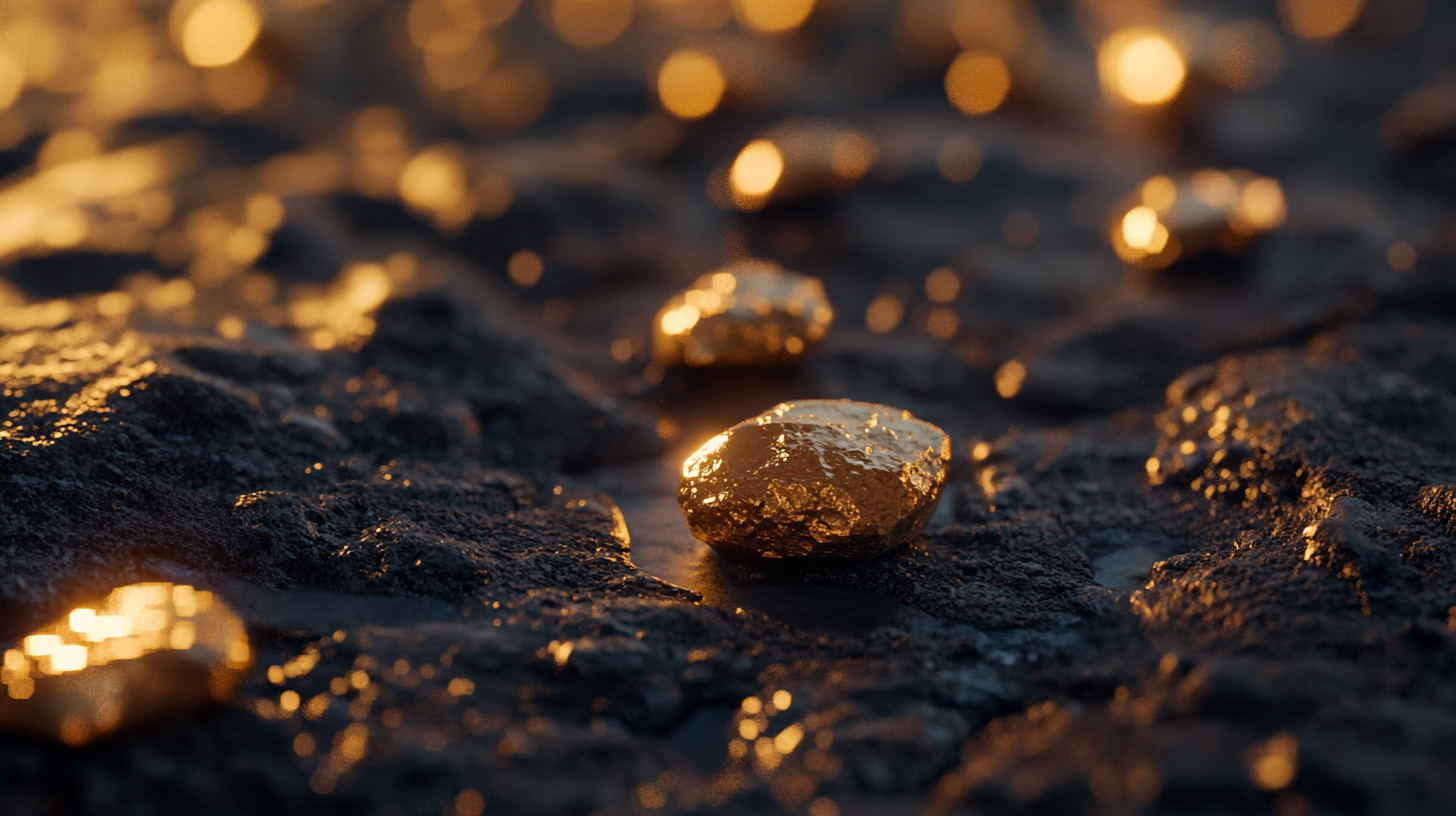In an innovative leap forward for green technology, scientists have forged an unexpected alliance in the battle against climate change. Researchers are now harnessing the power of bacteria to extract rare metals crucial for developing sustainable energy solutions. This approach could be the key to ensuring a steady supply of raw materials for turbines, electric cars, and solar panels, potentially averting a looming shortage in the green tech industry.
Bacterial Extraction: A Game-Changer for Rare Metals
At the forefront of this revolutionary research are scientists from the University of Edinburgh. Their pioneering work focuses on utilizing bacteria capable of extracting valuable metals such as lithium, cobalt, and manganese from discarded electronic equipment and old batteries. These scarce and costly metals are essential components in the production of electric vehicles and other green technology devices.
Professor Louise Horsfall, chair of sustainable biotechnology at Edinburgh, emphasizes the critical nature of this work. "If we are going to end our dependence on petrochemicals and rely on electricity for our heating, transport and power, then we will become more and more dependent on metals," she explains. "All those photovoltaics, drones, 3D printing machines, hydrogen fuel cells, wind turbines and motors for electric cars require metals – many of them rare – that are key to their operations."
Addressing Geopolitical Concerns
The research also addresses significant geopolitical issues surrounding the supply of these crucial materials. Currently, China dominates both the supply and processing of rare earth elements, creating potential vulnerabilities in the global supply chain. By developing alternative sources through bacterial extraction, scientists aim to diversify the supply of these vital resources and reduce dependence on a single geographical region.
Towards a Circular Economy
Professor Horsfall stresses the importance of developing a circular economy for these minerals. "To get around these problems we need to develop a circular economy where we reuse these minerals wherever possible, otherwise we will run out of materials very quickly," she states. This approach not only ensures a sustainable supply of rare metals but also addresses the pressing issue of electronic waste management.
The Magic of Microbes
The key to this innovative recycling process lies in the remarkable capabilities of certain bacteria. "Bacteria are wonderful, little crazy things that can carry out some weird and wonderful processes," Horsfall explains. "Some bacteria can synthesise nanoparticles of metals, for example. We believe they do this as a detoxification process. Basically they latch on metal atoms and then they spit them out as nanoparticles so that they are not poisoned by them."
Promising Results and Future Prospects
Horsfall and her team have already achieved significant milestones in their research. They have successfully extracted manganese, nickel, lithium, and cobalt from electronic waste using naturally occurring bacterial strains. Looking ahead, the team plans to employ gene-edited versions of these bacteria to enhance their metal extraction capabilities, potentially allowing for the separate extraction of cobalt and nickel – a feat not currently possible.
Meeting Future Regulatory Demands
This bacterial recycling method aligns perfectly with upcoming legislation mandating the use of recycled metals in the manufacture of new green technology devices. As these regulations come into effect in the next decade, the role of bacteria in achieving recycling goals will become increasingly vital.
As we stand on the brink of a new era in sustainable technology, it's clear that some of our smallest allies – bacteria – may play one of the biggest roles in shaping our green future. By providing a sustainable source of rare metals, this innovative approach could accelerate the global transition to green energy, reduce electronic waste, and contribute significantly to the fight against climate change. The collaboration between scientists and these microscopic partners represents a promising step towards a more sustainable and environmentally friendly future.







